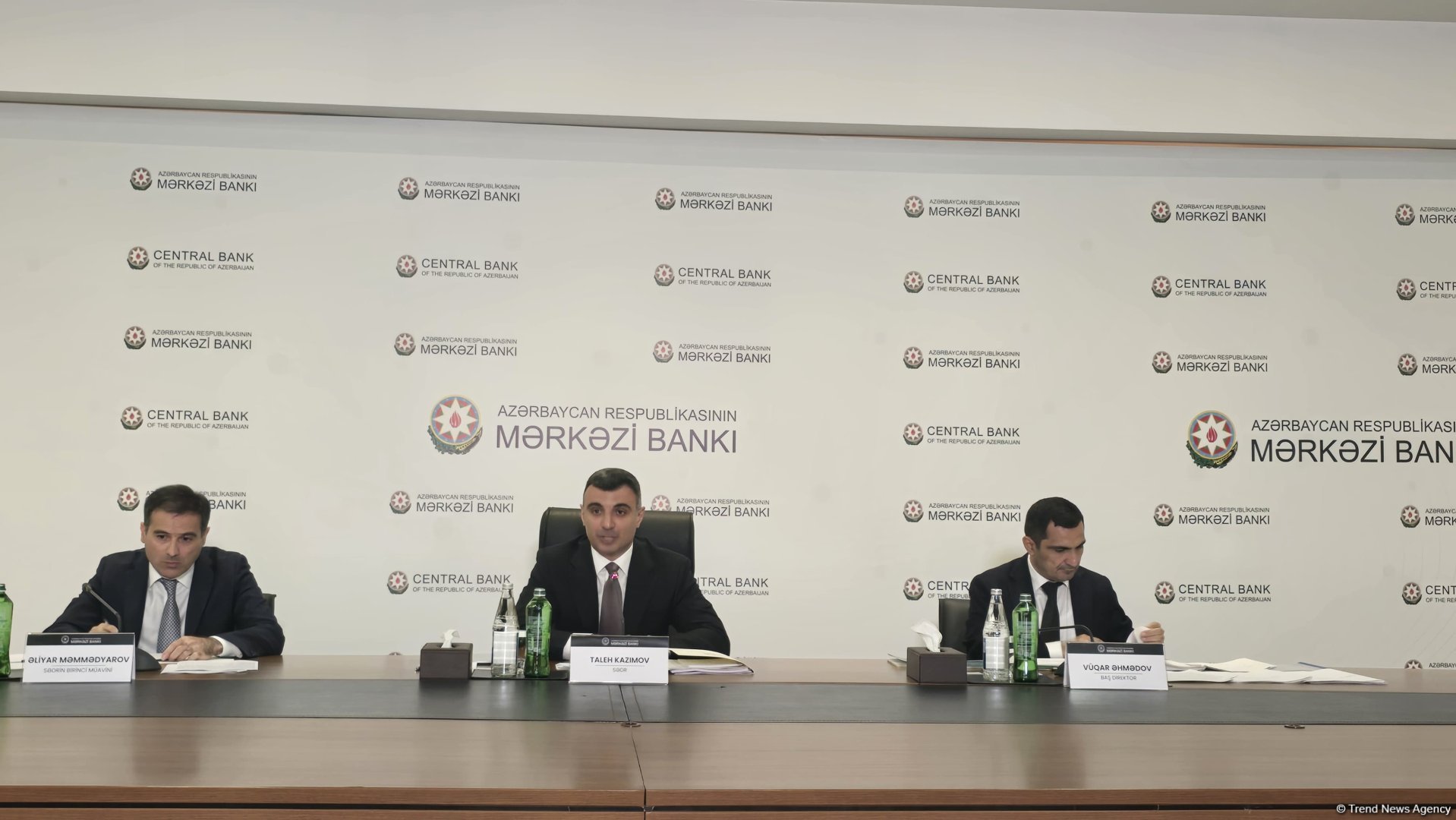BAKU, Azerbaijan, July 23. The implementation of Islamic banking in Azerbaijan requires careful consideration of every detail, risk, and related factors, said Taleh Kazimov, Chairman of the Central Bank of Azerbaijan (CBA), Trend reports.
Speaking today at a press conference, Kazimov emphasized that adopting this banking model is an enormous task that begins with assessing the country’s demand for Islamic banking services.
He explained that forming the necessary legislation and conducting research and analysis is a joint effort involving several institutions, not just the CBA.
“Currently, the Central Bank is cooperating with the Islamic Development Bank on sukuk issuance, which serves as the basis for a legislative package in preparation. We are also developing an ‘Islamic window’ to study market demand for Islamic banking,” Kazimov said.
The ‘Islamic window’ will enable existing banks to offer deposit and credit products compliant with Islamic finance principles, helping to identify real demand for this model.
According to a 2022 assessment, the potential volume of Islamic credit offerings was estimated at around 300 million manat ($176.4 million), which is small compared to the total credit portfolio of the sector.
“With the ‘Islamic window,’ we will better assess demand, although so far, we do not see strong interest,” Kazimov noted.
Islamic banking operates without the conventional interest system, which is a fundamental difference from modern banking practices where depositors earn a fixed interest on their funds. In Islamic finance, earning or paying interest (known as riba) is prohibited. Instead, the model is based on profit and loss sharing: when you deposit money in an Islamic bank, the bank invests those funds into business ventures or projects. The resulting profits are then shared between the depositor and the bank according to a pre-agreed ratio. Crucially, the depositor also shares in any losses, reflecting a true partnership in both profit and risk. The primary objective of this system is to ensure that neither party bears losses alone unfairly. Islamic banking principles are widely practiced in countries such as Malaysia, Indonesia, Türkiye, and others.
Stay up-to-date with more news on Trend News Agency's WhatsApp channel







